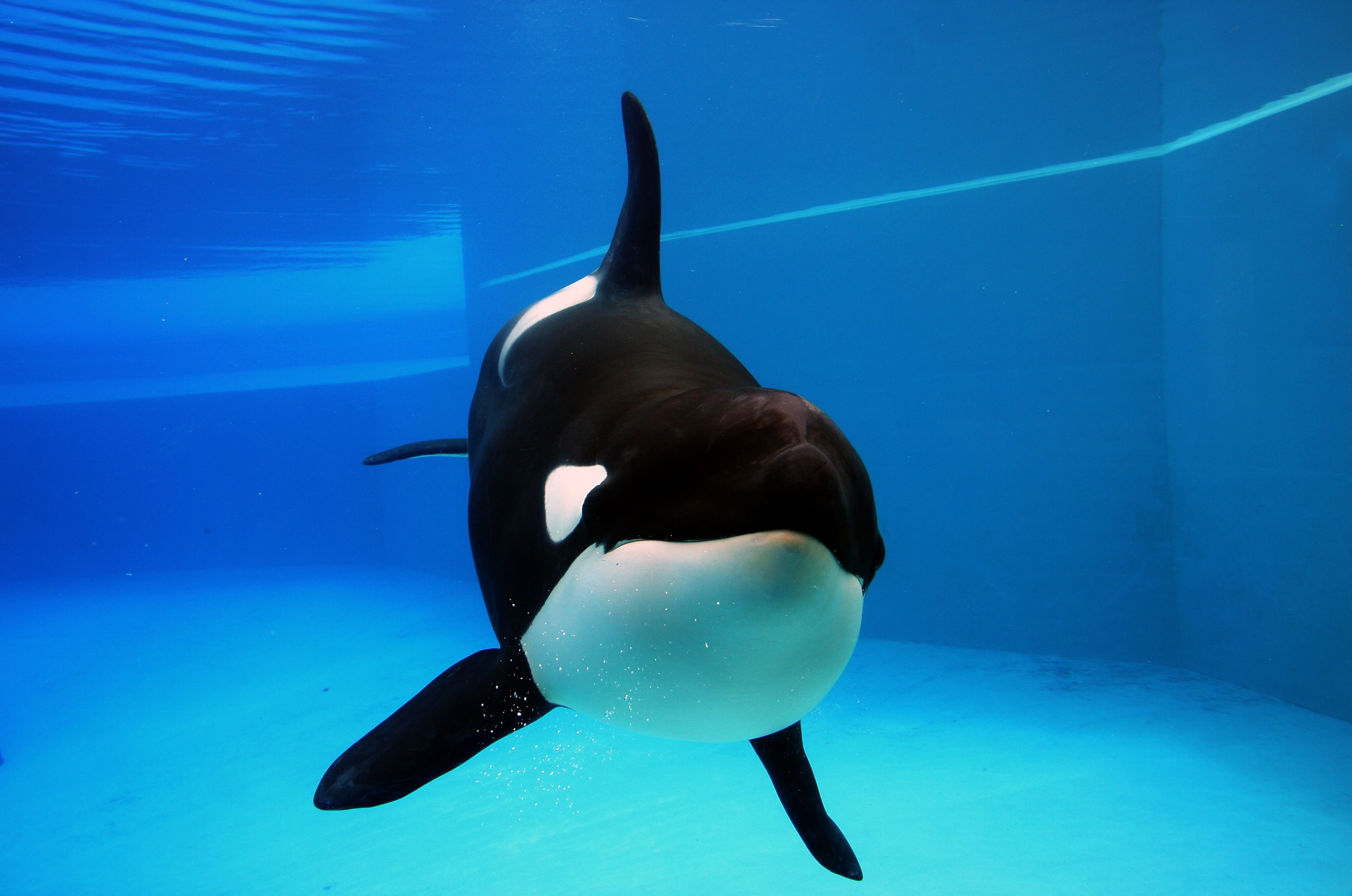New, Elusive Orca Species Discovered ‘At The Bottom Of The World’
Tags: News

By Mandy Froelich / Truth Theory
A newsworthy discovery was recently made off of Cape Horn, Chile, near the southernmost tip of South America. For the first time ever, scientists located and studied an elusive “Type D” species of killer whales that looks very different from other orcas.
According to Robert Pitman, a researcher with the National Oceanic and Atmospheric Administration, the orcas are “highly likely” to be a new species. The team discovered the type D killer whales in January 2019, during a trip 60 miles off the coast of Cape Horn, Chili. National Geographic reports that the region near South America’s tip is considered to be an area with some of the “world’s worst weather.”
Former sightings of the killer whales had only been captured by fishermen. So, the team set sail in the vessel Australis and ventured to an area where fishermen claimed to have spotted the animals. After dropping anchor for one week, a pod of 25 killer whales finally surfaced and approached the ship.
The team filmed the Type D orcas below and above water. Then, they collected a sample of skin and blubber from one of the killer whales. The technique is common and harmless. Soon, the team will study the orca’s DNA. The findings will determine whether or not it’s a new species.
During their initial appearance, the orcas congregated around the vessel for a couple of hours. They seemed curious about humans and their tools. The orcas also inspected a hydrophone the researchers put into the water but did not make any vocalizations.
The Type D orcas have a more rounded head than known types of orcas. They also have a pointier and narrower dorsal fin and a very small white eye patch. Type D orcas are also several feet shorter in length, says Pitman.
Type D orcas were first recorded in 1955 when a pod of more than a dozen was stranded in New Zealand. Half a century later, Pitman saw photographs collected by Paul Tixier, a French scientist doing research off of a remote archipelago in the southern Indian Ocean.
John Ford, a researcher with Fisheries and Oceans Canada and the University of British Colombia, says a formal scientific process is still required. This means a DNA analysis, extensive measurements, and similar tests still need to be conducted. “There are good grounds for considering other killer whales separate species as well, but where to draw that lines is very difficult,” said Ford.
Type D orcas were also spotted in March of 2018 by a tour vessel. Watch the video below:
What are your thoughts? Please comment below and share this news!
IMAGE CREDIT: Christopher Meder
Leave Comment: